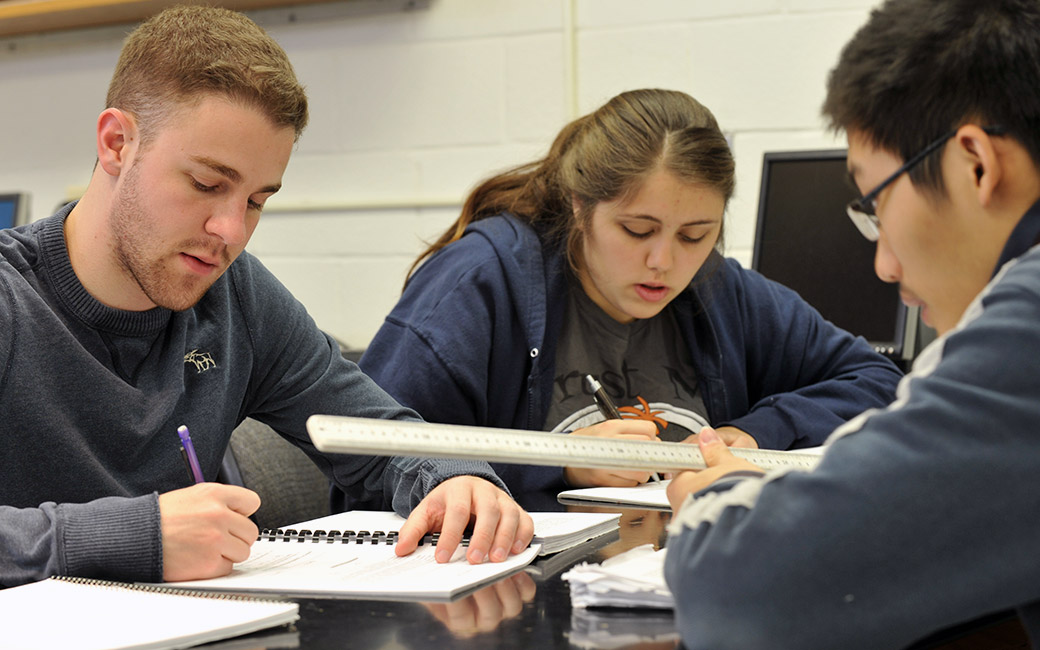TU honored for leadership in physics teacher preparation
The Physics Teacher Education Coalition (PhysTEC) announced the initial inductees into "The 5+ Club."

The Jess & Mildred Fisher College of Science and Mathematics physics teacher preparation efforts were recognized by the Physics Teacher Education Coalition (PhysTEC), which included TU as one of its initial inductees into “The 5+ Club,” a group of institutions that has graduated five or more physics teachers in a given year.
The other members of the inaugural class are Brigham Young, Illinois State, Stony Brook, Arizona State, Boston University, UCF, Middle Tennessee State, Rowan, Arkansas, West Chester and Western Michigan.
The great majority of institutions graduate less than two physics teachers a year, and the most common number of graduates is zero. In their 2014 report, the American Association for Employment in Education found that the teacher shortage in physics is number one among 59 education fields. Graduating five or more physics teachers a year is a significant achievement, helping to address the severe national shortage of high school physics teachers.
The United States has a severe, long-term shortage of qualified physics teachers. In 2013 the National Task Force on Teacher Education in Physics reported, “the need for qualified teachers is greater now than at any previous time in history.” Of the approximately 1400 new teachers who are hired to teach physics each year, only 35 percent have a degree in physics or physics education.
PhysTEC, a flagship education program of the American Physical Society (APS), aims to improve the education of future physics teachers by transforming physics departments, creating successful models for physics teacher education programs, and disseminating best practices. The project has funded more than 40 sites to build physics teacher education programs.
The PhysTEC program is led by APS in partnership with the American Association of Physics Teachers (AAPT), with support from the National Science Foundation.